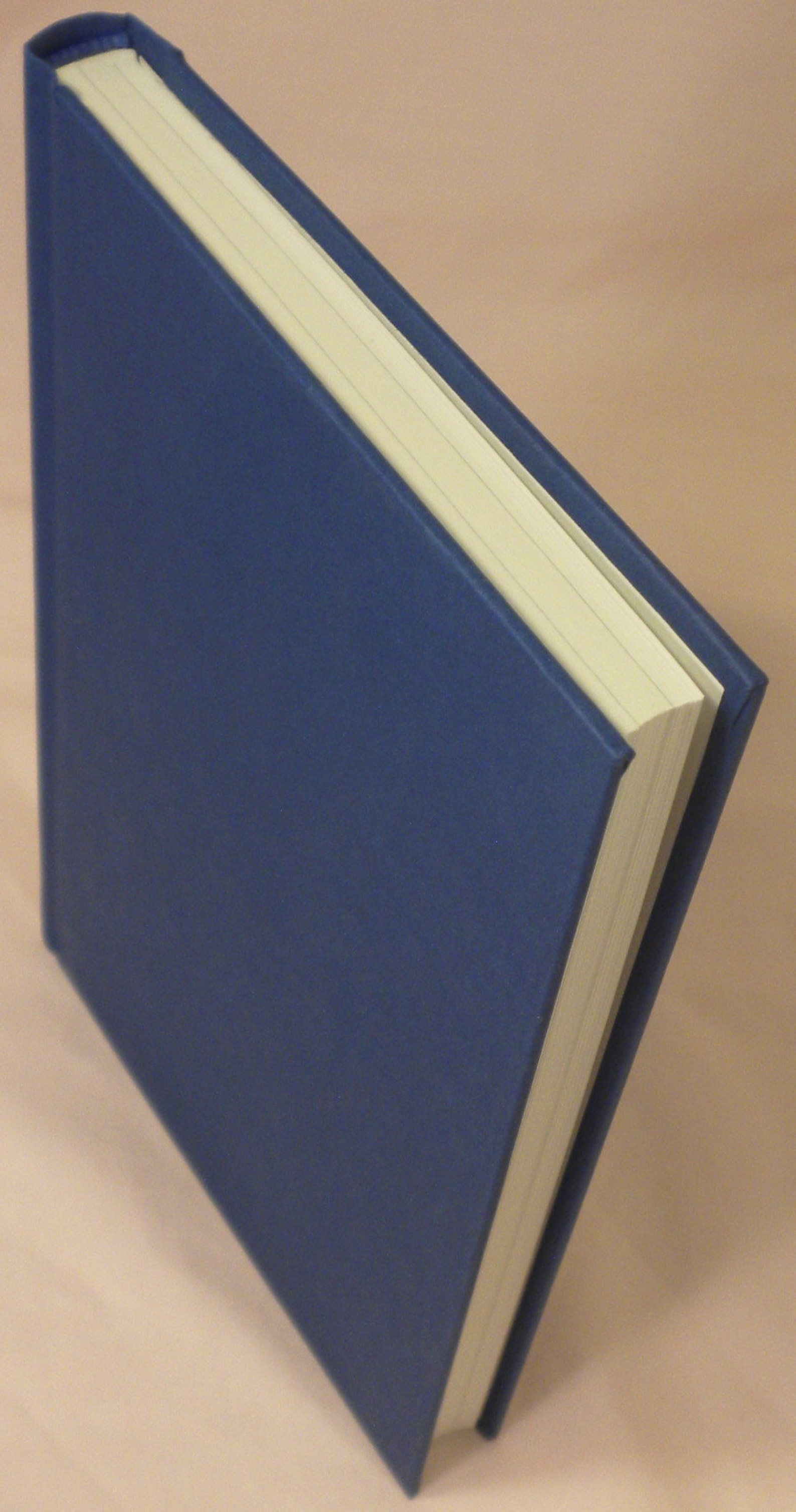
First and foremost, The Third Hotel is about identity and Clare’s sense of self after losing her husband. I am experiencing a dislocation of reality.īoth answers offer clues for how we are to read this novel. The shock of this moment destabilizes both Clare and the reader: “She ordered herself to stop recognizing him, since what she was recognizing was plainly impossible, but she crept closer and saw just how possible it was.” What comes after this encounter is a surprising and surreal travelogue of emotional discovery that plumbs the depths of one woman’s unsettled psyche.įittingly, The Third Hotel begins with a question: “What was she doing in Havana?” The initial paragraphs explore this question in the narrative subjunctive, a bold and evocative jumpstart for a novel’s opening salvo: Clare imagines “bumping into someone she had known … in her former life” who asks her this “simple question” and her responding with decidedly un-simple answers: He is not the man she remembers exactly, but still, she is certain, he is her husband. Not long after arriving in Cuba, she spots Richard standing outside the Museum of the Revolution. She is there, ostensibly, to attend the annual Festival of New Latin Cinema in the place of Richard, her husband, a scholar of horror movies.



The story follows Clare, a widow still mourning her husband’s sudden death, as she travels to Havana. Laura van den Berg’s brilliant new novel, The Third Hotel, is a quasi-supernatural tale of loss and grief, told with an exquisite flair for language.


 0 kommentar(er)
0 kommentar(er)
